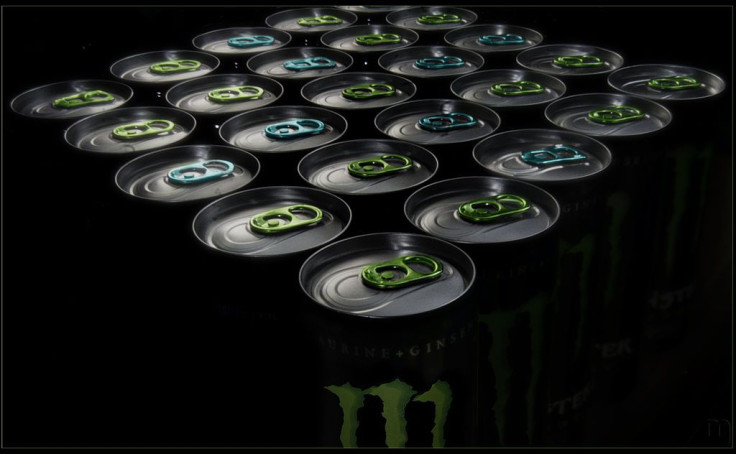Are Energy Drinks Dangerous For Heart Health? New Study Questions Risks, Nutritional Value

For college students and late night workers, consuming caffeine and energy drinks is often the only way to concentrate when exhausted. But drinking too many energy drinks — like Red Bull, Monster, Amp, or Burn — can be dangerous to your health, especially for your heart. A new case study published in the Journal of Addiction Medicine is yet another piece of evidence that proves energy drinks can be harmful to your cardiovascular health.
“Our observation adds to the developing literature describing an association between highly caffeinated drinks and adverse cardiovascular events,” the researchers write in the abstract.
The study focused on the single case of a 28-year-old obese man who was rushed to the emergency room after vomiting blood. Upon being examined in the ER, doctors found nothing wrong aside from a very fast heart rate at 130 beats per minute (a normal resting heart rate should be between 60-100 beats per minute).
It turned out he had an atrial fibrillation, a type of heart arrhythmia that can cause serious problems if not treated. Perhaps more importantly, however, the patient ultimately told the doctor that he drank two Monster energy drinks every day. That means he was consuming about 320 milligrams of caffeine, as well as several beers, each day.
It’s interesting to note, however, that a cup of coffee typically contains more caffeine (about 95-200 milligrams) than an average energy drink (70-80 mg). So what is it about energy drinks that can cause them to alter heart rhythm and increase blood pressure, while coffee is typically touted as being good for you? The researchers of the latest study argue that it may have something to do with the other ingredients found in energy drinks, like taurine, that may play a role in harming the body — as well as the tendency of many people to mix energy drinks with alcohol. The case isn’t the first to be linked to energy drink consumption; last year, another 28-year-old experienced a heart attack after spending over $160 a day on energy drinks.
The current case study and past research are “suggestive but not conclusive” when it comes to energy drinks and heart problems, the authors note. However, they urge consumers to be careful when choosing what kind of caffeine to drink.
“With the rising popularity of energy drinks, clinicians should be aware of their arrhythmogenic potential and consider screening for these products in patients who present with otherwise unexplained arrhythmias,” the authors conclude.
Source: Sattari M, Sattari A, Kazory A. Energy Drink Consumption and Cardiac Complications: A Case for Caution. Journal of Addiction Medicine, 2016.
Published by Medicaldaily.com



























